Chromium Sulphate (Cr₂(SO₄)₃) is a high-quality chromium compound widely used across multiple industries, especially in leather tanning, dyeing, and metal finishing. Known for its green to greenish-blue crystalline appearance, this compound plays a critical role in leather production and the chemical industry. Chromium Sulphate is appreciated for its effectiveness in creating durable leather, vibrant dyes, and strong protective coatings on metals. Its versatility makes it a valuable addition to the fields of textile manufacturing, pigment production, electroplating, and beyond.
Applications of Chromium Sulphate
Chromium Sulphate has diverse applications in various industrial and manufacturing processes, including leather tanning, textile dyeing, and metal treatment. Below are the primary applications of Chromium Sulphate:
1. Leather Tanning
Chromium Sulphate is the primary compound used in the leather tanning industry, responsible for producing “chrome-tanned” leather. During the chrome tanning process, Chromium Sulphate reacts with collagen fibers in the hide, creating durable, flexible, and water-resistant leather. This type of leather is preferred for high-quality goods like shoes, bags, upholstery, and automotive interiors due to its exceptional resilience and long-lasting nature. Chromium Sulphate tanned leather is also known for its resistance to heat, aging, and moisture, making it a favored choice in both fashion and industrial applications.
2. Textile Dyeing
In the textile industry, Chromium Sulphate is used to create rich and vibrant colors. It acts as a mordant to improve the binding of dyes to fabric fibers, especially for wool, silk, and other natural fibers, enhancing color fastness and durability. As a result, textiles dyed with the help of Chromium Sulphate maintain their color for a longer period, even after frequent washing and exposure to sunlight. Chromium-based dyes are particularly valued for their deep green and red hues, making Chromium Sulphate an essential ingredient in the dyeing process of high-quality textiles.
3. Pigment Production
Chromium Sulphate is also used in pigment production, particularly in the creation of green pigments. These pigments, derived from Chromium Sulphate, are highly stable and resistant to fading, which makes them popular in paints, coatings, and ceramics. Due to its excellent thermal stability, pigments made from Chromium Sulphate are widely used in automotive paints, architectural coatings, and industrial applications that demand long-lasting color and performance. The resulting green pigments offer intense color depth and are durable enough to withstand various environmental conditions.
4. Metal Finishing and Electroplating
Chromium Sulphate plays an important role in metal finishing and electroplating. It is used as an electrolyte in chromium plating processes to create corrosion-resistant, durable coatings on metal surfaces. Chromium Sulphate’s role in electroplating is crucial, as it enhances the durability, wear resistance, and aesthetic appeal of metals, making it ideal for applications in automotive parts, machinery, and decorative hardware. Coatings derived from Chromium Sulphate provide strong protection against rust, wear, and high-temperature environments, ensuring a longer lifespan for metal components.
5. Catalyst in Chemical Reactions
Chromium Sulphate is used as a catalyst in various chemical reactions, particularly in the synthesis of specialty chemicals. Its high reactivity makes it useful in processes that require an efficient catalyst to increase reaction speed and yield. Chromium Sulphate is often employed in the production of polymers, chemical intermediates, and other materials where consistent and effective catalysis is critical. Its role in chemical synthesis benefits the manufacturing of plastics, coatings, and other high-performance materials that require precise chemical properties.
6. Water Treatment and Purification
Chromium Sulphate is occasionally used in water treatment applications, where it aids in coagulation and flocculation processes. In these processes, Chromium Sulphate helps in removing suspended solids and impurities from water, enhancing the overall efficiency of filtration and water purification systems. Though not a primary use, it is valuable in certain types of industrial wastewater treatment where specific pollutants are targeted. The use of Chromium Sulphate in water treatment helps maintain water quality and improve the efficiency of industrial water recycling efforts.

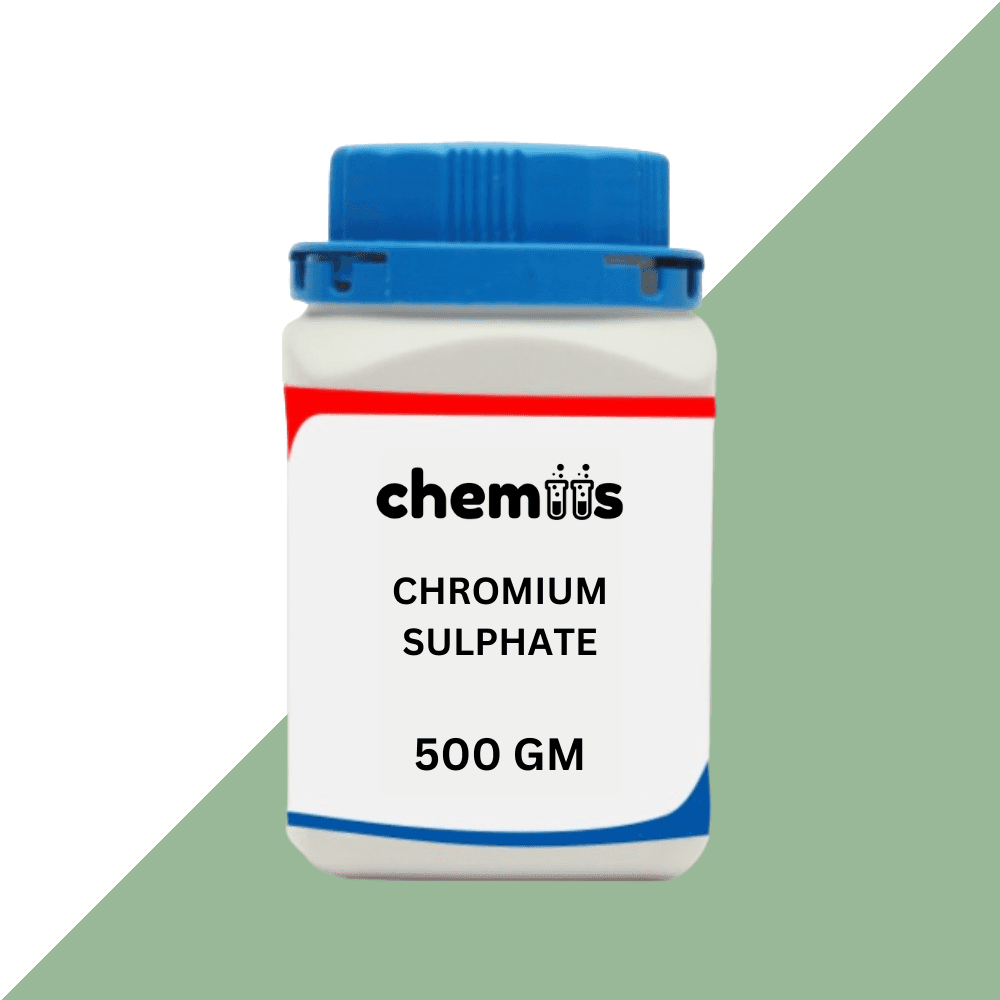
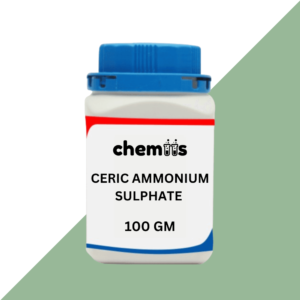
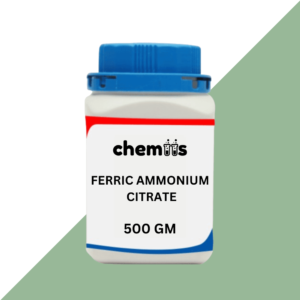


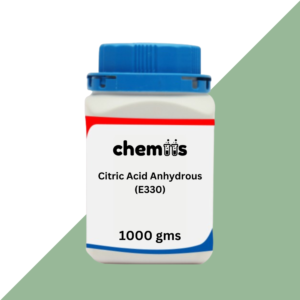
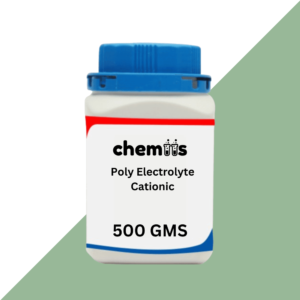
Kripa Mehta (verified owner) –
Affordable and effective.
Shruti Bhandari (verified owner) –
Excellent service overall.
Isha Roy (verified owner) –
Good quality.
Deeksha Iyer (verified owner) –
Very helpful support team.
Mohit Bansal (verified owner) –
Hassle-free experience.
Dinesh Bhardwaj (verified owner) –
Product arrived on time.
Abhay Saxena (verified owner) –
Excellent product range.
Tanya Shetty (verified owner) –
Good support for queries.
Darshan Solanki (verified owner) –
Efficient and reliable.
Yash Chatterjee (verified owner) –
Quality exceeded expectations.
Jyoti Sharma (verified owner) –
Very helpful support team.
Kavita Nair (verified owner) –
Five-star experience.
Jayant Mishra (verified owner) –
The product is firmly packed.
Hitesh Suri (verified owner) –
Smooth ordering process.
Vipin Giri (verified owner) –
Neat and secure packaging.
Manish Chauhan (verified owner) –
Products are exactly as described.
Rohan Gupta (verified owner) –
Very happy with the order.
Deepansh Bedi (verified owner) –
Quality exceeded expectations.
Meera Kapoor (verified owner) –
Fast response to queries.
Karan Desai (verified owner) –
Everything went smoothly.